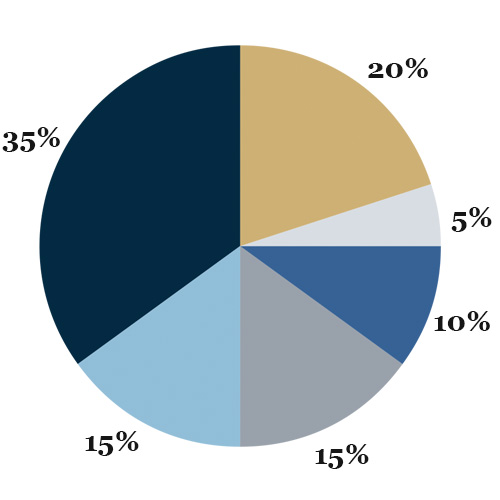It looks like you're new here. If you want to get involved, click one of these buttons!
:quality(80)/cloudfront-us-east-1.images.arcpublishing.com/morningstar/S4TH7VDNAVGSRJ7ELJT2YR7SPY.png)
https://wealthtrack.com/how-to-make-the-cut-in-semper-vic-partners-private-funds-portfolio/Philip Morris International (PM) as one of the most remarkable examples in the author's portfolio of a company with the capacity to reinvest and transform itself. Over the past 14 years, PM has invested aggressively into developing Reduced Risk Products (RRPs) like IQOS, VEEV ONE, and ZYN. IQOS, its flagship heat-not-burn product, is now a major success in Japan and expanding in Western Europe.
@hank,
Do you consider PRPFX a permanent portfolio hedge?
For example, it's LT Bonds holdings should appreciate if ST rates are cuts.
It is ranked #1 in its category YTD, 1 YR, 3 YR, & 5 YR. Impressive.

:quality(80)/cloudfront-us-east-1.images.arcpublishing.com/morningstar/CEJAASAC3BB6NC5J34JFJDGDOI.png)
© 2015 Mutual Fund Observer. All rights reserved.
© 2015 Mutual Fund Observer. All rights reserved. Powered by Vanilla